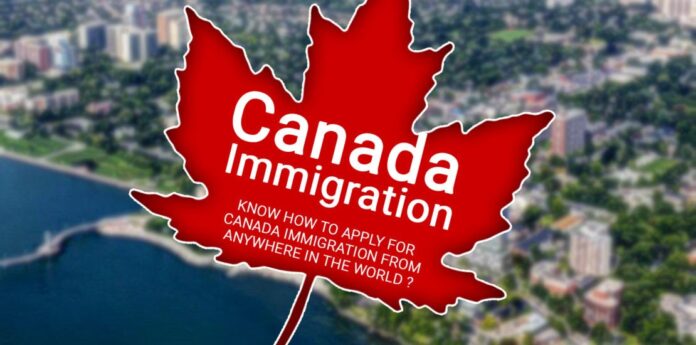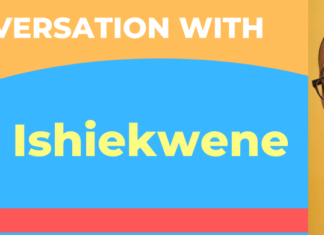Canada to increase occupations, invitations to 3,500 for Express Entry draws
By Jeph Ajobaju, Chief Copy Editor
Canada will introduce this month changes to its immigration policy that will increase invitations issued in all-program Express Entry draws from an average 1,000 candidates to an average 3,500 and ensure faster processing times.
Comprehensive Ranking Score (CRS) may now be based on grouping such as work experience, educational background, or proficiency in one of Canada’s official languages – English or French.
Candidates may then be invited based on how they rank in their grouping. The CRS requirement will likely be much lower than a general Express Entry draw.
Most occupations remain eligible for Express Entry under the new system plus 16 new occupations becoming eligible.
IRCC will begin using a new National Occupational Classification (NOC) in November which will organize occupations by Training, Education, Experience and Responsibilities (TEER).
With faster processing times, more invitations to apply, and targeted draws, the government will make it easier and more streamlined for skilled workers to immigrate to Canada from anywhere in the world.
_________________________________________________________________
Related articles:
Canada seeks to fill 1m job vacancies – Nigerians wanted
Canada wants over 15,000 Nigerians for jobs this year
Canada resumes Express Entry immigration process in July
_________________________________________________________________
Return to service standard processing time
The processing time for Express Entry applications is expected to return to the service standard of six months by July.
Due to an application backlog built up during COVID-19, processing times have soared beyond the six-month standard for Express Entry, according to Canadim.com
After pausing all Federal High Skilled (FHS) Worker draws in September 2021, Immigration, Refugees and Citizenship Canada (IRCC) reduced the processing inventory for these applications by more than half by April 2022.
The government expects to reduce the FHS inventory even further before the next all-program draw. This will allow IRCC to return to the service-standard processing time of six months for all new Express Entry applications.
Express Entry draw sizes
An internal IRCC memo quoted by canadim.com confirms that draws are expected to be similar in size to those held prior to the pandemic.
Since September 2021, IRCC has been conducting draws for Provincial Nominee Program (PNP) candidates only. These draws have been much smaller than FHS draws, typically inviting no more than 1,000 candidates.
Prior to the pandemic, the average number of invitations issued in all-program Express Entry draws was about 3,500. All-program Express Entry draws are likely to be about this size once they resume in July.
Targeted draws
Canada is on track to pass Bill C-19 that will change the way Express Entry candidates are selected from the Express Entry pool.
Currently, Canada selects Express Entry candidates based only on their Comprehensive Ranking Score (CRS).
Bill C-19 would give Canada’s Immigration Minister the authority to invite candidates based on groupings. The minister would establish these groupings based on Canada’s economic goals at the time of the draw.
Canada could then invite candidates based on how they rank in their grouping. For this reason, the CRS requirement for these draws will likely be much lower than a general Express Entry draw.
The government has not confirmed which groupings they will select. They will likely be based on factors such as work experience, educational background, or proficiency in one of Canada’s official languages.
For example, they may hold a draw for candidates with in-demand work experience, or invite exclusively French speakers from the Express Entry pool.
Bill C-19 is still under review, so it may not be in effect for the first all-program Express Entry draws. However, Immigration Minister Sean Fraser is hopeful that he will have these authorities soon.
New NOC system
Canada is in the process of implementing a new way of classifying the occupations of Express Entry candidates. This new system will affect eligibility requirements for the Express Entry program.
Currently, candidates with work experience in NOC skill types A, B, or 0 are eligible to apply for Express Entry.
Instead of categorizing occupations by skill type, the new NOC system will use a TEER system. This system will organize occupations by Training, Education, Experience and Responsibilities (TEER).
Most occupations will remain eligible for Express Entry under the new system. However, an additional 16 occupations that were previously ineligible for Express Entry will become eligible.
IRCC will begin using the new NOC system this November 2022.











